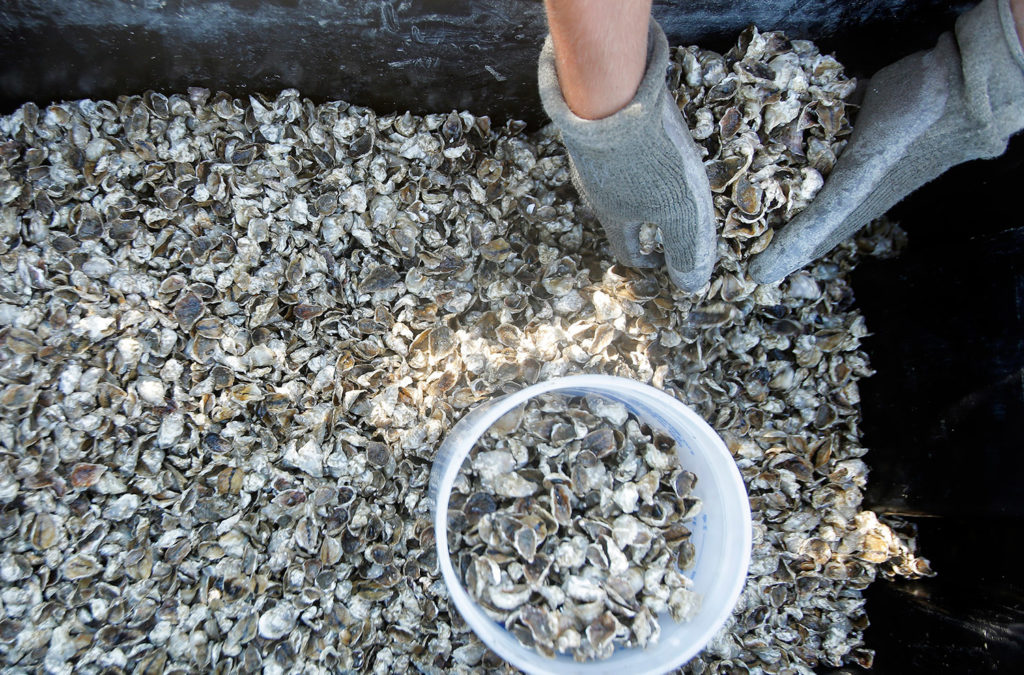By Colin Woodard / Portland Press Herald
At a local level, scientists believe there are ways to mitigate the effects of one aspect of a warming gulf, ocean acidification.
Eelgrasses and kelps take up dissolved carbon dioxide at a remarkable rate – with almost triple the effectiveness of a similar acreage of forest – and consumes excess nutrients, the two primary drivers of acidification. In doing so, they reduce the acidity of the surrounding seawater, to the benefit of clams, mussels and other creatures living nearby.
The Rockland-based Island Institute, a nonprofit that supports coastal communities, is partnering with a commercial kelp farm off Chebeague Island and scientists at the Bigelow Laboratory for Ocean Sciences in East Boothbay to find out how effective and widespread these benefits can be. This winter – the growing season for kelp – they’ll deploy monitoring equipment around one of Ocean Approved Inc.’s first-in-the-nation open-ocean commercial kelp farms. (Disclosure: this reporter is a Bigelow trustee.)
“You may very well be able to improve the growing conditions for shellfish on a very local level by locating a kelp farm with shellfish,” says Susie Arnold, the marine scientist at the Island Institute who is collaborating on the effort. Kelp, she says, could become “the new kale,” a nutritious food source, while improving the environment, the survival of shellfish, and the winter employment opportunities in fishing communities.


